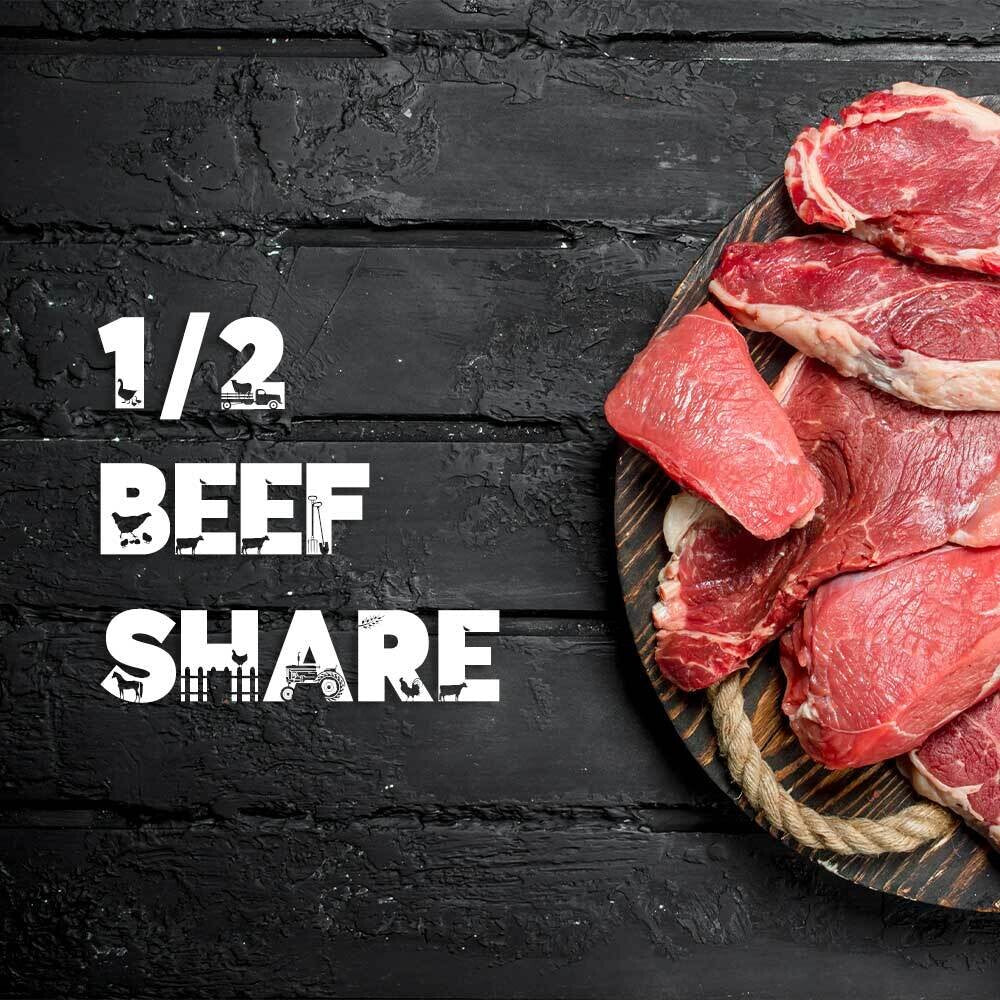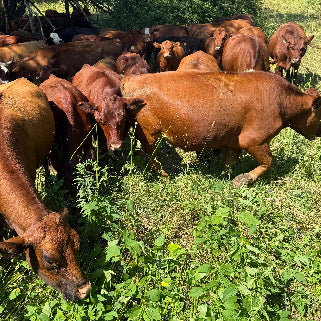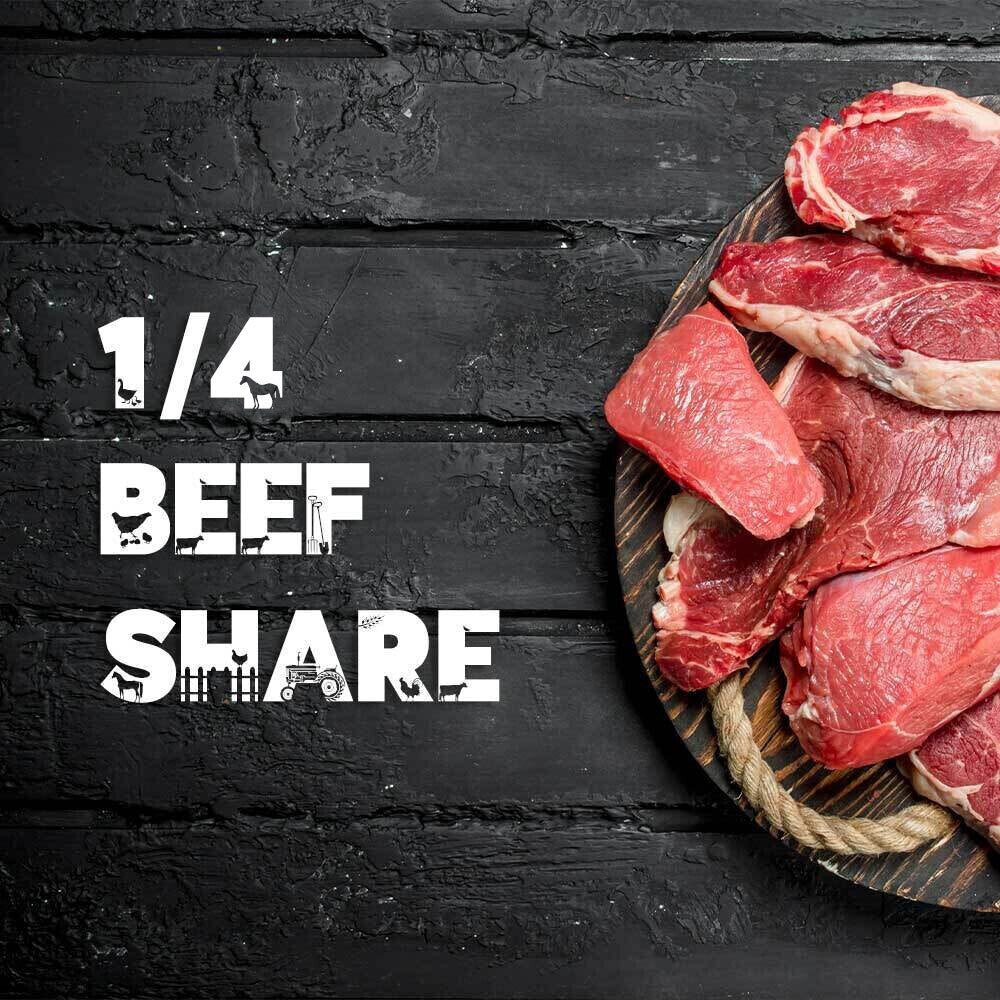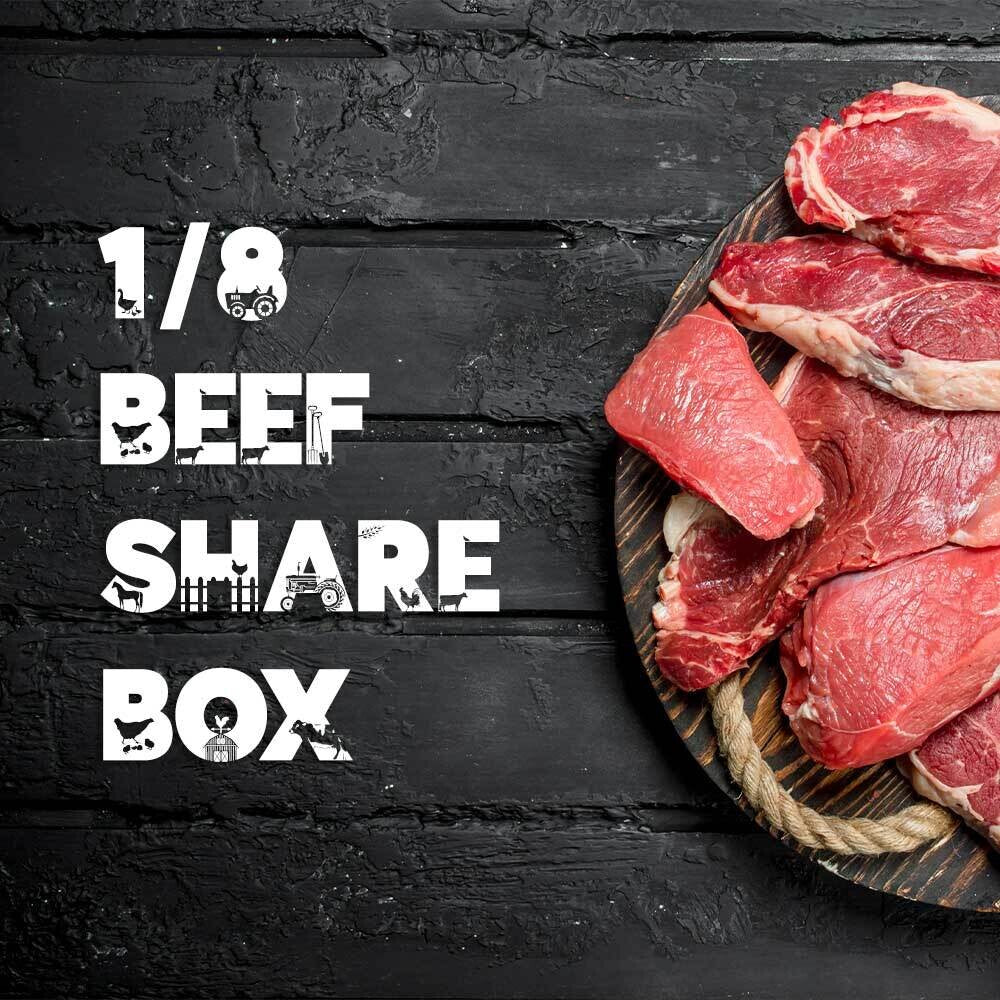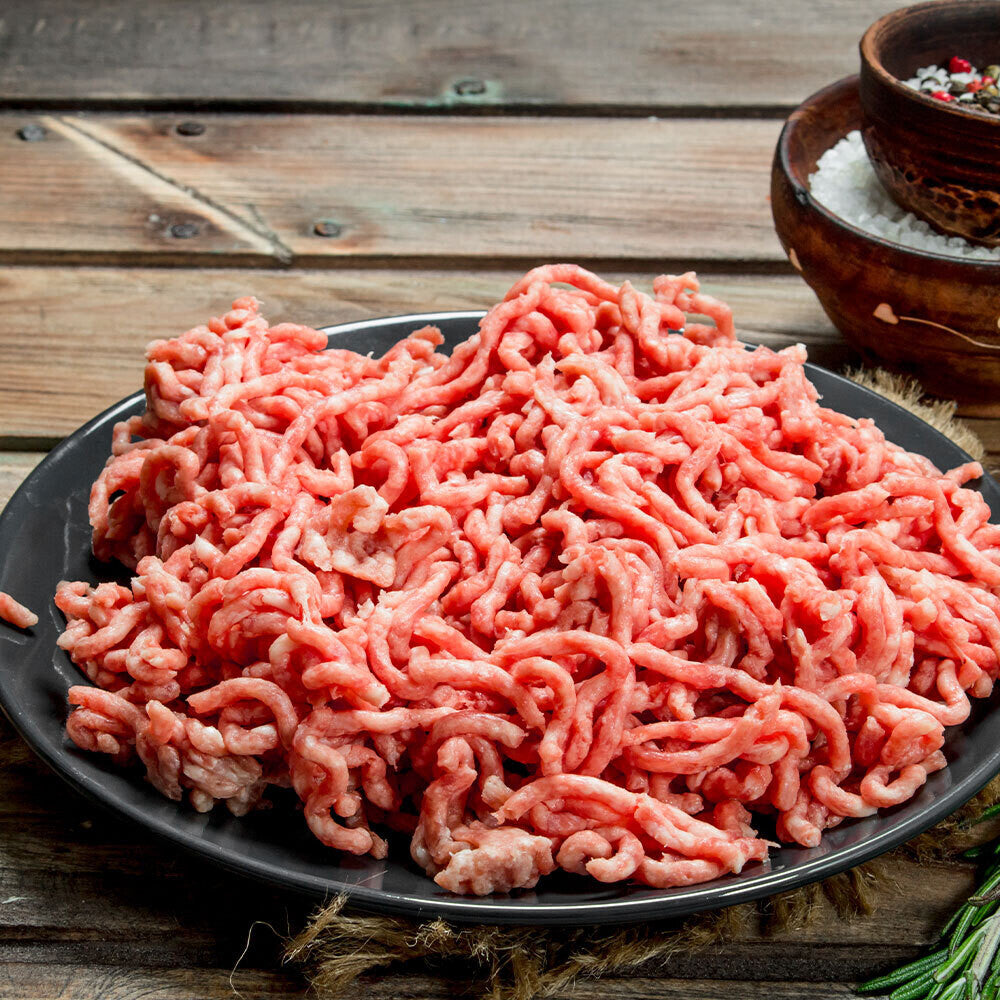
Why Grass-Fed Beef is a Vital Source of Vitamin A: Natural Grazing vs. Supplements
Many of us are not getting enough essential nutrients, including one often overlooked but critical for our health: vitamin A. This fat-soluble vitamin is crucial for maintaining eye health, supporting the immune system, and promoting healthy skin. Unfortunately, the typical modern diet, heavy in processed foods and low-quality meats, doesn’t provide enough of this important nutrient. But there’s a solution, one that harks back to the natural way animals were meant to be raised and fed: grass-fed beef.
The Human Need for Vitamin A
Vitamin A is essential for several key functions in the body:
- Eye Health: It helps maintain good vision, especially in low-light conditions. A deficiency in vitamin A can lead to night blindness and, in extreme cases, severe eye conditions.
- Immune Support: Vitamin A strengthens the immune system by maintaining healthy skin and mucous membranes, which act as barriers to infection.
- Skin Health: Vitamin A is vital for skin repair and regeneration. A deficiency can lead to dry, damaged skin and other skin-related issues.
Why Grass-Fed Beef?
If you’re looking to improve your intake of vitamin A, choosing grass-fed beef is a superior option to relying on supplements.Grass-fed beef is rich in vitamin A because of the cattle’s natural diet of beta-carotene-rich grasses. When cattle graze on these plants, they convert beta-carotene into vitamin A, which is stored in their tissues and passed on through their meat. As a result, grass-fed beef contains significantly higher levels of this bioavailable vitamin A than grain-fed beef. In contrast, cattle raised in feedlots are primarily fed grain-based diets, which do not contain the same amount of beta-carotene. As a result, these cattle do not produce much vitamin A, and their meat lacks the nutrient density found in grass-fed animals.
Natural Grazing vs. Vitamin A Supplements for Cattle
Many feedlot operations attempt to compensate for the lack of nutrients in grain diets by providing cattle with synthetic supplements. However, relying on supplements poses several problems:- Less Bioavailability: Vitamin A from synthetic supplements may not be as bioavailable or as easily absorbed by the cattle as the natural beta-carotene found in fresh grasses. Grass-fed cattle naturally produce and store vitamin A more effectively because they are consuming the nutrient in its most natural form.
- Potential for Imbalance: Over-reliance on synthetic supplements can lead to imbalances or over-supplementation, which might cause health issues in cattle. This is less of a concern when cattle are allowed to graze on pasture, where their vitamin A intake is naturally regulated by their diet.
- Overall Health Impact: Cattle raised on natural pasture are healthier overall. This health translates into better quality meat, which benefits those who consume it. Grass-fed cattle are not just vessels for vitamin A; they are part of a healthier ecosystem, resulting in beef that is richer in vitamins, minerals, and healthy fats.
Supplements vs. Quality Food for Humans
Just as there are issues with supplementing cattle, the same applies to humans. Many people rely on vitamin A supplements to fill dietary gaps, but supplements are not always the most effective way to get this nutrient:- Absorption Issues: Vitamin A supplements may not be absorbed as efficiently by the body as natural sources found in food. When you consume grass-fed beef, for example, the vitamin A is already in a highly bioavailable form, making it easier for your body to use.
- Lack of Synergy: Whole foods like grass-fed beef provide a range of nutrients that work together synergistically. For example, the fats in beef help the body absorb fat-soluble vitamins like A. When you rely on supplements, you may miss out on these naturally occurring combinations that make nutrient absorption more effective.
- Potential for Over-supplementation: Taking vitamin A supplements can also lead to overconsumption, which may cause health problems. Getting vitamin A from natural food sources, like grass-fed beef, allows for more balanced and moderated intake, as your body processes food differently from isolated nutrients.
Grass-Fed Beef: A Nutrient-Dense Solution
Choosing grass-fed beef is not just about taste or preference—it’s about getting better nutrition. With higher levels of naturally occurring vitamin A, grass-fed beef supports eye health, immune function, and skin vitality in a way that supplements or grain-fed beef cannot match. This makes grass-fed beef a more holistic, nutrient-dense option for those looking to enhance their health. Again, if you’re looking to improve your intake of vitamin A, choosing grass-fed beef is a superior option to relying on supplements. The natural vitamin A found in grass-fed beef is more bioavailable and part of a broader nutrient package that your body can easily absorb and use. Unlike synthetic supplements, grass-fed beef provides vitamin A in its most natural and effective form, making it a valuable addition to a nutrient-rich diet. By making the switch to grass-fed beef, you’re not only choosing better-tasting meat—you’re choosing better health for yourself, and supporting farming practices that prioritize the health of animals and the environment.
Tags:
Previous post
Trust Your Ingredients and Save Money: A Homemade Rub Recipe for Grass-Fed Steaks
Next post









